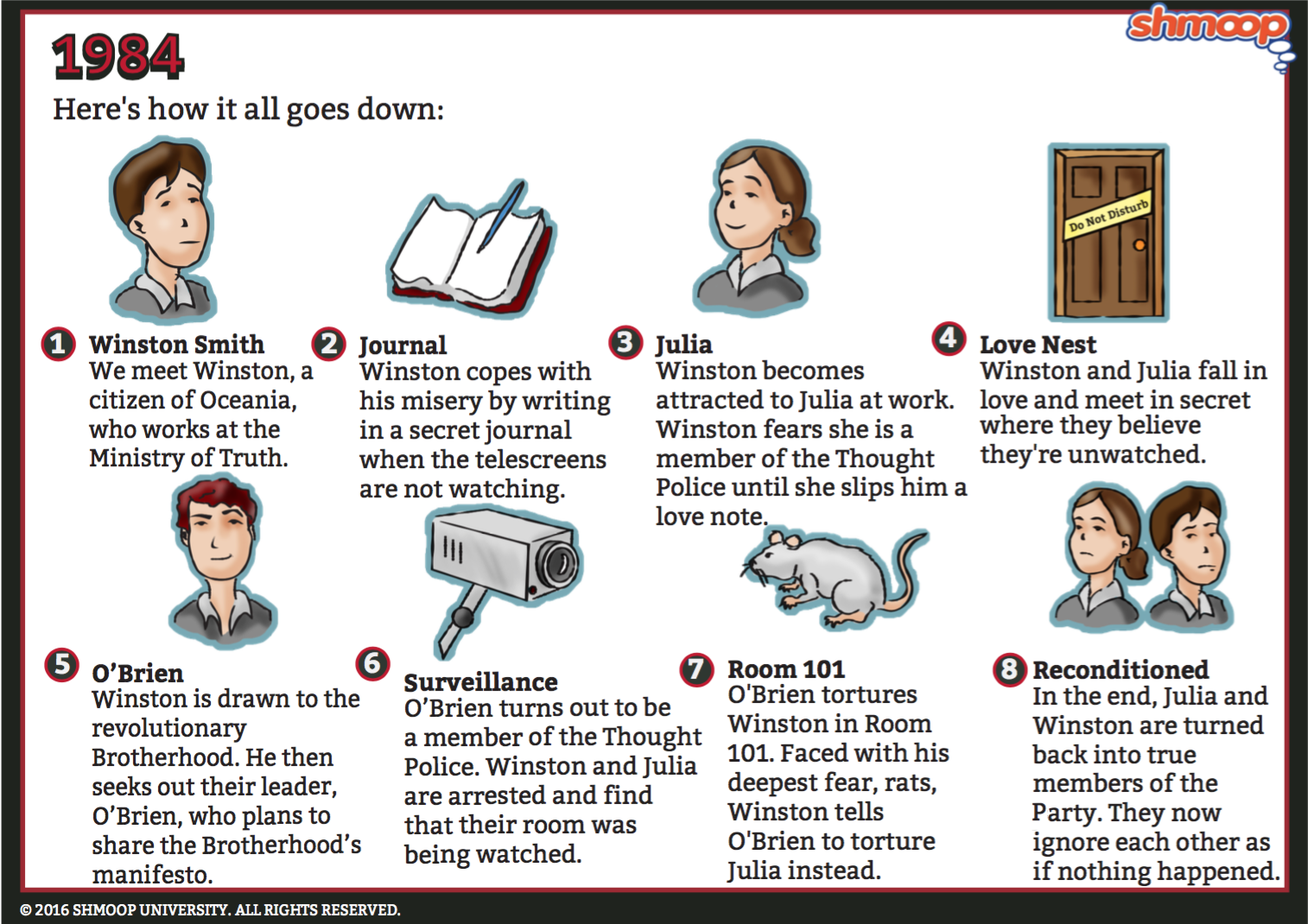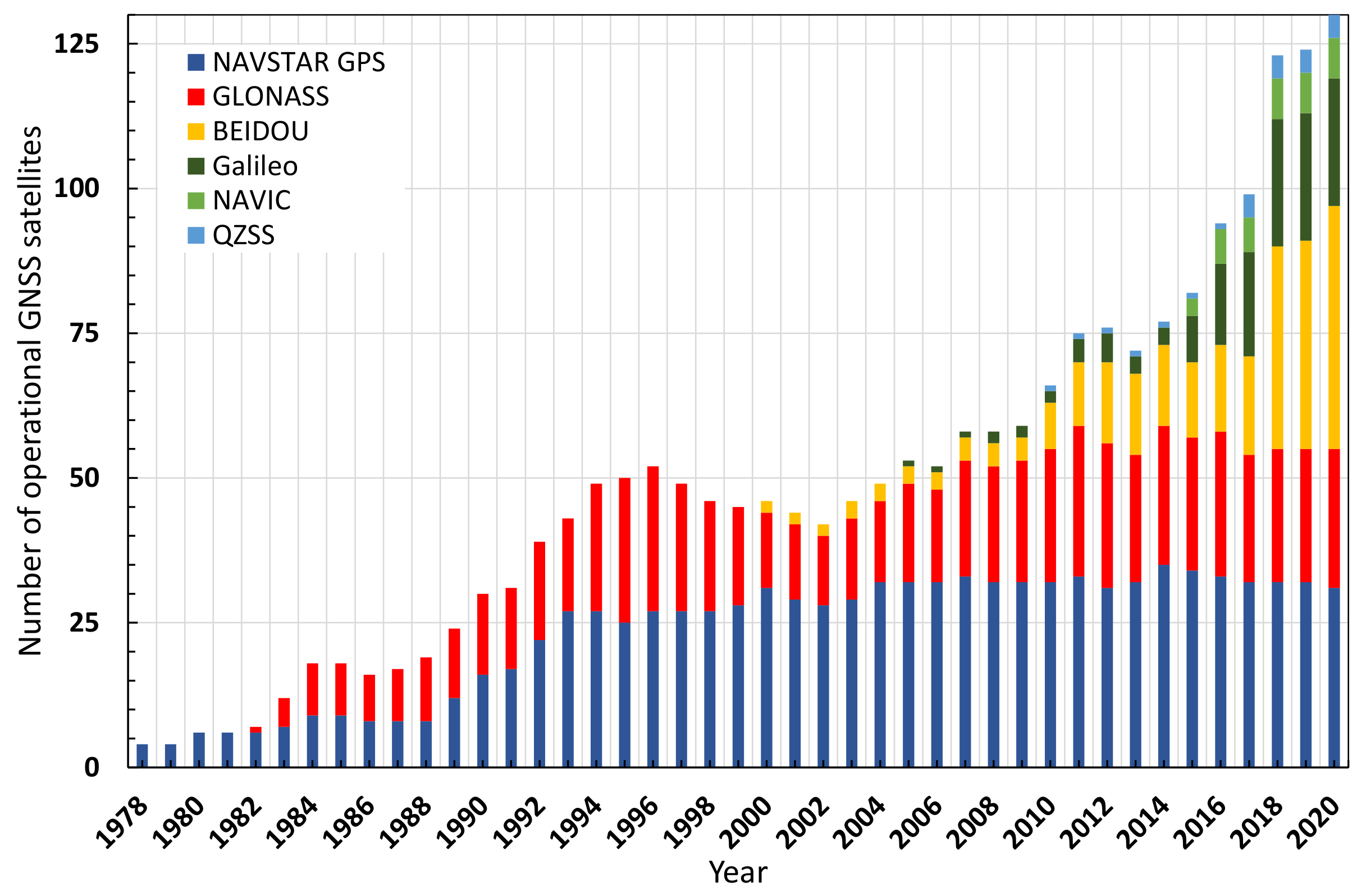Unveiling 1984 Chapter 6 Summary: Dive into a thought-provoking exploration of Winston’s inner struggles, the oppressive nature of Oceania, his forbidden love with Julia, and the enigmatic figure of Big Brother. Brace yourself for a journey that will challenge your perception of power, control, and the indomitable spirit of rebellion.
In this chapter, we witness Winston’s conflicting emotions towards the Party, his diary as a symbol of defiance, and the significance of his dream involving O’Brien. We delve into the Party’s ironclad control over society through surveillance, propaganda, and the Thought Police, examining the chilling role of the telescreen and the ever-present threat of punishment.
Winston’s Inner Struggle: 1984 Chapter 6 Summary

Winston Smith, the protagonist of 1984, grapples with a complex inner conflict. On the one hand, he despises the oppressive Party and its totalitarian rule. On the other hand, he fears its power and the consequences of rebellion. This struggle manifests in various ways, including his secret diary, his dreams, and his interactions with other characters.
Winston’s Diary as Rebellion
Winston’s diary serves as a form of rebellion against the Party’s control over thought and expression. By writing his forbidden thoughts and feelings, Winston defies the Party’s dogma and asserts his individuality. The diary becomes a repository of his inner struggles, his hopes, and his fears. It represents a space where he can escape the Party’s watchful eye and express himself freely.
Symbolism of Winston’s Dream of O’Brien, 1984 chapter 6 summary
Winston’s dream of O’Brien, a high-ranking Party member, is a complex and enigmatic symbol. On one level, O’Brien represents the power and authority of the Party. He is a symbol of the Party’s surveillance and its ability to penetrate even the most private thoughts. However, O’Brien also represents a potential source of hope and rebellion. Winston’s dream suggests that even within the Party’s oppressive regime, there may be individuals who are secretly opposed to its tyranny.
The Nature of Oceania

Oceania is a totalitarian society ruled by the Party, which exerts complete control over every aspect of life. The Party’s ideology, known as Ingsoc, permeates every aspect of society, from education to entertainment.
The chilling events of 1984’s Chapter 6 paint a dystopian future where surveillance and control are rampant. However, for those seeking a break from the bleakness, boruto tbv chapter 5 leaks offer a glimpse into a different world, where ninja battles and intergalactic adventures take center stage.
Yet, as we return to 1984’s Chapter 6, the harsh realities of the totalitarian society it portrays continue to linger in our minds.
Surveillance
The Party maintains constant surveillance over its citizens. Telescreens, two-way screens that broadcast Party propaganda and monitor individuals’ actions, are ubiquitous. The Thought Police, a secret police force, ruthlessly suppresses any sign of dissent.
Winston’s torture in 1984 chapter 6 is a stark reminder of the horrors of totalitarianism. The chilling scenes evoke a sense of unease that lingers long after reading. For a similar exploration of power and control, dive into record of ragnarok chapter 73 , where the clash between gods and humans unfolds in a captivating battle of wills.
Returning to 1984 chapter 6, we witness the depth of Winston’s resilience as he faces his tormentors with unwavering determination.
Propaganda
The Party uses propaganda to shape public opinion and maintain its power. The Ministry of Truth controls all information, rewriting history and suppressing anything that contradicts the Party’s narrative. The Two Minutes Hate, a daily ritual where citizens are incited to rage against the Party’s enemies, further reinforces the Party’s grip on society.
Winston’s Relationship with Julia

Winston’s affair with Julia is a profound challenge to the Party’s ideology. It is an act of rebellion against the Party’s control over personal relationships and a celebration of human connection and freedom.
The Significance of Winston’s Affair with Julia
Winston’s affair with Julia is a significant event in the novel. It is the first time that he has felt a genuine connection with another person since his childhood. Julia is a free spirit who is not afraid to challenge the Party’s authority. She is a breath of fresh air for Winston, and she helps him to see the world in a new light.
After reading through the shocking revelations of Winston’s interrogation in 1984 chapter 6, we can’t help but draw parallels to the intense rivalry unfolding in blue lock chapter 234 . Just as Winston struggles to maintain his individuality against the relentless pressure of Big Brother, so too do the young soccer prodigies battle for supremacy within the confines of the Blue Lock facility.
Returning to 1984 chapter 6, we are left pondering the profound implications of Winston’s defiance, as he dares to challenge the totalitarian regime’s grip on his mind.
How Their Love Challenges the Party’s Ideology
Winston and Julia’s love is a threat to the Party because it is based on mutual respect and equality. The Party wants to control every aspect of people’s lives, including their relationships. Winston and Julia’s love is a reminder that there are still things that the Party cannot control.
The Symbolism of the Golden Country
The Golden Country is a place where Winston and Julia can be free from the Party’s control. It is a place where they can love each other without fear. The Golden Country is a symbol of hope and freedom, and it represents the possibility of a better future.
The Role of Big Brother

Big Brother, the enigmatic and omnipresent figurehead of Oceania, looms over the citizens as an embodiment of absolute power and control. His watchful gaze penetrates every corner of society, instilling fear and obedience in the hearts of the people.
Big Brother as the Symbol of Power
Big Brother represents the ultimate authority in Oceania. His image adorns posters and telescreens, serving as a constant reminder of his omnipresence and the futility of resistance. Through the Thought Police, he controls not only actions but also thoughts, ensuring that any hint of dissent is swiftly crushed.
Big Brother as a Tool of Terror
Big Brother’s power is not limited to surveillance. He wields it as a weapon of terror, instilling fear and paranoia among the citizens. The threat of vaporization, the ultimate punishment, hangs over everyone’s head, casting a shadow of uncertainty over their lives.
Big Brother’s Manipulation
Big Brother’s control extends beyond brute force. He manipulates the citizens through propaganda, rewriting history and distorting reality to suit the needs of the Party. By controlling the flow of information, he shapes their perceptions and ensures their unwavering loyalty.
End of Discussion

As we reach the end of Chapter 6, Winston and Julia’s affair stands as a beacon of hope amidst the bleakness, challenging the Party’s rigid ideology. The elusive Golden Country emerges as a symbol of freedom and rebellion, while Big Brother looms large as the embodiment of absolute power and manipulation. This chapter leaves us pondering the fragile nature of individuality and the enduring power of human connection in the face of relentless oppression.
